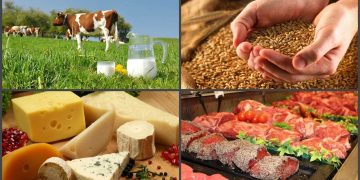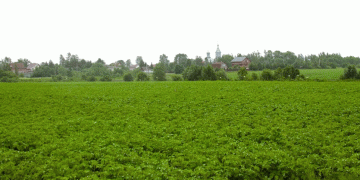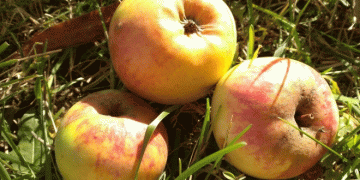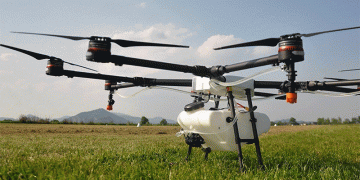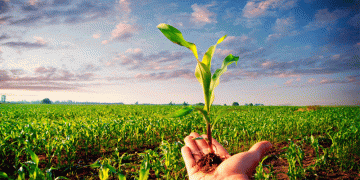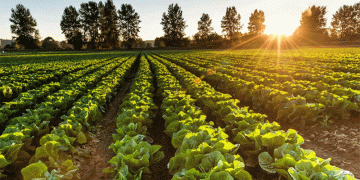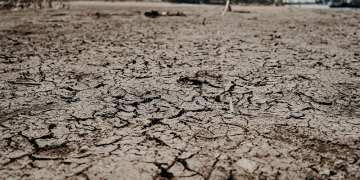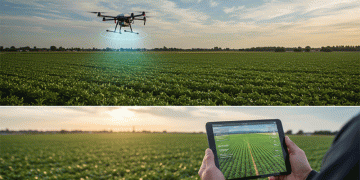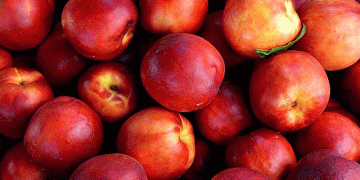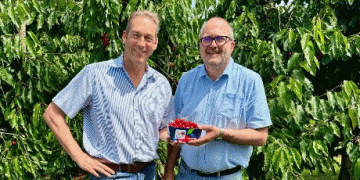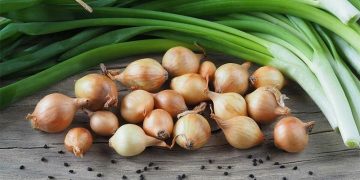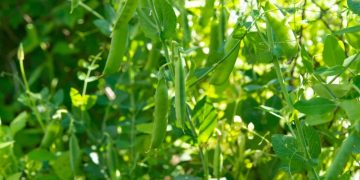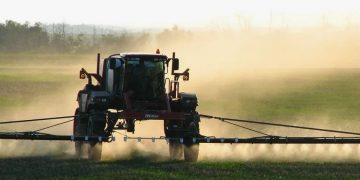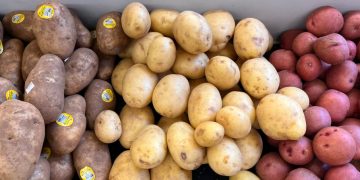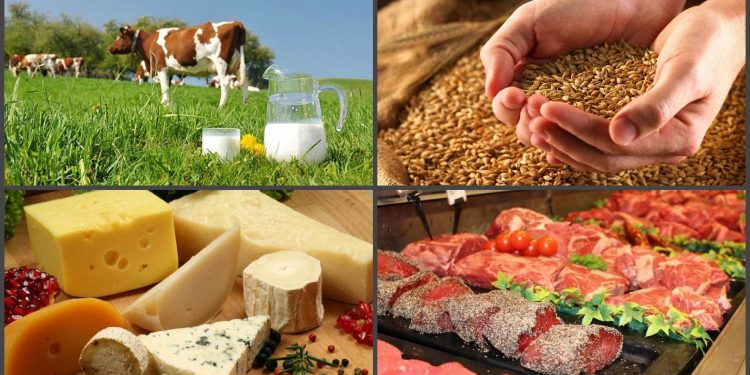#Agriculture #Kazakhstan #Farmers #Agronomists #AgriculturalEngineering #VerticalFarming #PrecisionAgriculture #DigitalFarming #Sustainability #AgriculturalInnovation #FarmManagement #AgriculturalPolicy
In the midst of a complex agricultural season in Kazakhstan, farmers face diverse challenges. This article delves into the latest survey results from the Kostanay region, exploring farmers’ plans for diversification and strategies for sustaining their farms. Examining national agricultural development programs and their impact, it highlights emerging trends such as vertical farming, precision agriculture, and digital farming. The article also discusses the efforts of the local agricultural association to collaborate with the government and agricultural ministries, aiming to find solutions for the issues faced by farmers in the challenging agricultural landscape of 2023.
In a recent survey conducted in the Kostanay region, it was revealed that 26.6% of farmers are contemplating diversification as a means to secure their agricultural ventures, while an equal percentage is strategizing ways to stay afloat in this complex year. Additionally, 32% of surveyed farmers expressed their intentions to venture into processing, indicating a shift towards value addition within the agricultural sector. However, 7.1% of respondents seemed pessimistic, with no plans for expansion in any direction, as reported by the Association of Agricultural Producers of the Kostanay Region.
Amidst these challenges, an expert council convened by the Government of Kazakhstan analyzed the implemented agricultural programs and strategies, numbering ten in total. Disappointingly, the country fell short of its target of a 30% increase in gross agricultural output. The growth rate in the agricultural sector, at a planned indicator of 105%, was 7.4% lower than expected, with a 6.7% decrease in crop production volumes.
“Analysis of local and global projects underscores the emergence of key trends: vertical farming, precision agriculture, and digital farming,” highlighted the association representatives. In response to these trends and the pressing challenges faced by farmers, the association is actively collaborating with the government, the Ministry of Agriculture, and regional authorities. Their aim is to present comprehensive proposals that address the difficulties experienced by farmers during the intricate agricultural season of 2023.
The agricultural landscape in Kazakhstan is evolving, marked by challenges and opportunities in equal measure. Farmers’ adaptability and resilience are being tested in the face of fluctuating market demands, environmental uncertainties, and technological advancements. As revealed by the survey results, diversification and value addition are becoming pivotal strategies for agricultural sustainability. Moreover, the embrace of innovative practices such as vertical farming and precision agriculture signifies a promising future for the sector.
The collaboration between agricultural associations and governmental bodies underscores the collective effort to surmount challenges. By leveraging digital technologies, enhancing processing capabilities, and fostering sustainable practices, Kazakhstan’s agricultural sector can navigate the complexities of the present and pave the way for a prosperous and resilient future.
